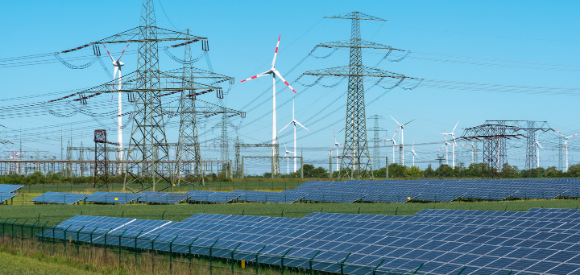
Highly ambitious renewable-energy development targets have been set, but solutions in terms of managing demand, storage capacity and, more generally, flexibility and integration into the grid remain insufficiently developed at present. The ability to ensure security of supply as it is defined today is therefore uncertain in periods of tension and will require the appropriate development of flexibility and storage solutions. As European electricity systems are interconnected, it is on this scale that attention must be paid to the dimensioning of production capacity, which is one of the determining factors of security of supply.
After taking stock of the policies and objectives of the main Member States, this document provides a detailed study of the foreseeable evolution of the European power mix, and the possible consequences with regard to our climate and energy objectives. It identifies areas that need to be monitored. It also aims to propose elements for discussion on security of supply, whose terms - which are likely to evolve within the framework of the energy transition process - should receive public attention.
This study notes the limits of policy coordination between European countries on these issues. In particular, while the measures advocated by the new European legislative package constitute progress in this direction, they fail to provide the economic signals needed to trigger the investments that guarantee security of supply. Finally, this document concludes with a number of recommendations for Europe’s energy policy.

Read the appendix - Security of Power Supply in Europe in 2030: an overview
Read the full document in french






